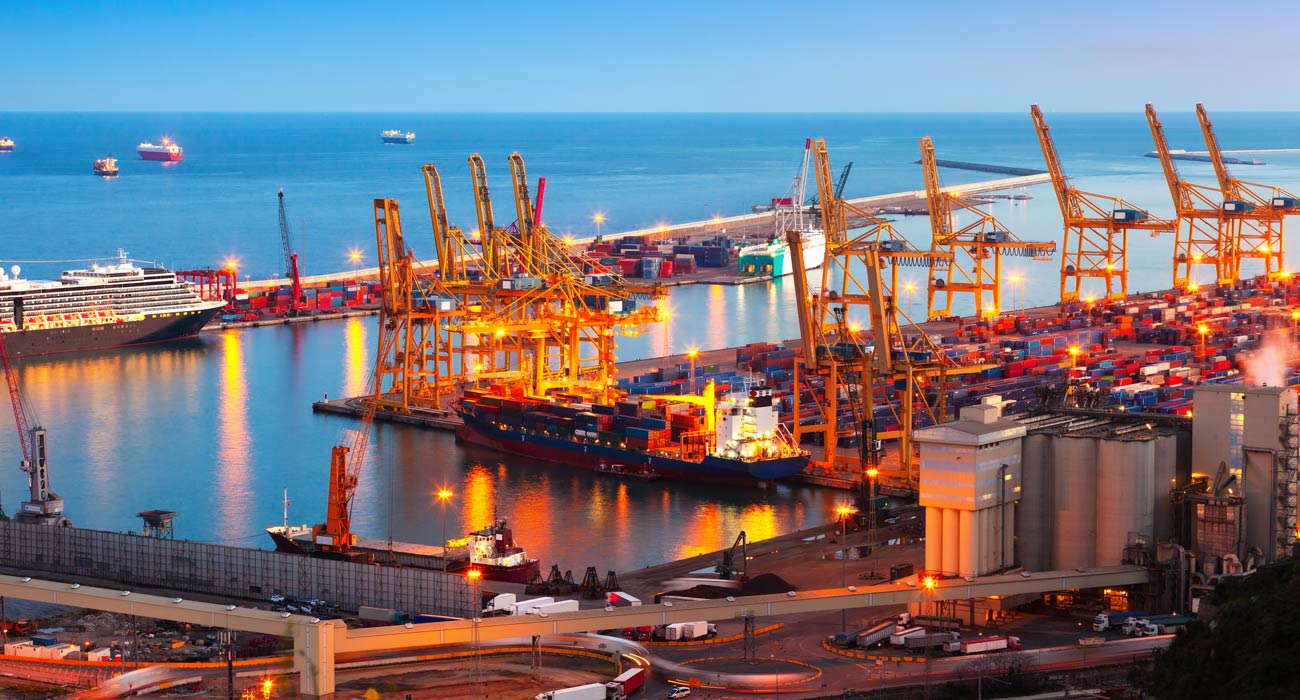
Por Mariana López
September 30, 2020
Contxto – FreteBras recently snagged funds to lighten the load freight puts on our environment. The Brazilian startup and its platform for connecting shippers, drivers, and truckers closed US$17 million through IDB Invest.
What’s pleasing/unusual to report is that rather than scaling, FreteBras has other plans with the funds.
[wd_hustle id=”InArticleOptin” type=”embedded”/]
Not exactly a youngblood, FreteBras was founded in 2006 and currently boasts 10,500 carriers on its app on the lookout for drivers to move their goods.
But when it comes to its recent investment, the startup has an innovative outlook that’s somewhat uncommon within the industry.
Besides improving its product’s user experience—which entails hiring additional staff—FreteBras also wants to reduce trucks’ idle space. By optimizing available truck space to take on multiple trips at once, fewer carbon emissions reach the atmosphere. Moreover, this is something that appealed to its investor.
“We’re very excited about the CO2 reduction potential that the company promotes by increasing trucks’ efficiency,” James Scriven, CEO at IDB Invest told Estadão.
Despite Covid-19 giving the freight industry a rollercoaster of a year, so far, things have progressed rather well for FreteBras. The startup reports it’s brokered two million trips during the first half of 2020, which is a 50 percent improvement compared to the previous year.
Likewise, it isn’t the only Brazilian startup within the freight industry to be faring well in recent months.
São Paulo-based CargoX closed US$80 million through LGT Lightstone last April. At the time, it reported to be experiencing a 20 percent month-on-month growth rate.
In both companies’ cases (or for any startup working in freight), operations will be in full swing for the next couple of months. Peak season—the busiest time as goods are shipped or flown to retailers before the kickstart of the holiday season—has arrived.
Add to the usual chaos that stores are restocking on items that may have run out when cargo space was prioritized for basic items and protective medical equipment. Plus, with e-commerce growth (again, thanks Covid), the industry will be busier than ever.
Related articles: Tech and startups from Brazil!
-ML

Por Stiven Cartagena
January 12, 2026